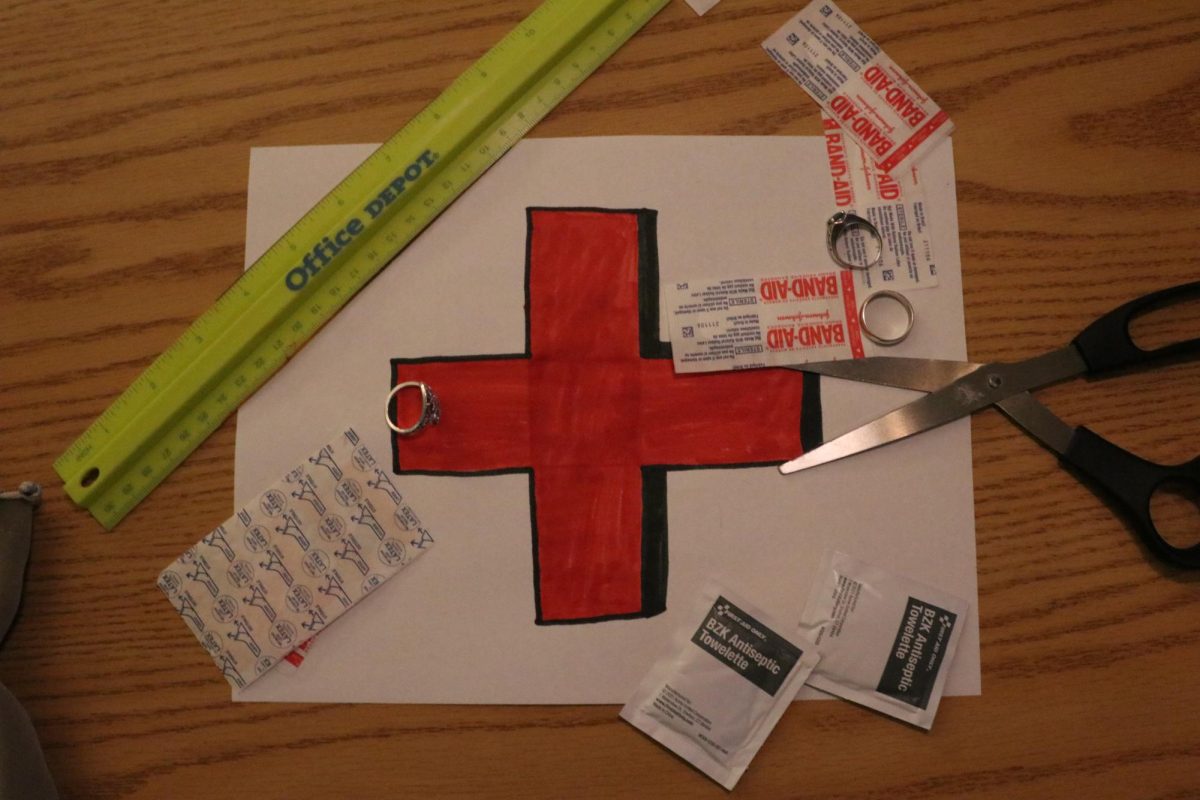There are reports of kids going home with un-addressed wounds or dirty clothes as a result of the new senate bill 12. SB 12 passed this legislative session and covers a variety of topics; first aid, gender identity, counseling, etc. It now requires parental consent for medical care in K-12 schools with the intent to give parents more say in their child’s health care while at school.
Initially school districts were under the impression that teachers and nurses could not provide any first aid; whether it was a band aid or a change of clothes, however that has since been clarified.
“The most concerning reports are that some school districts are taking an ‘all or nothing’ approach—that parents must consent to all healthcare and mental health services and treatment or none,” a letter stated from the author of SB 12 Brandon Creighton said.
On Sep. 5, Creighton issued a letter clarifying that the law does not prevent nurses or teachers from administering health related services like checking a student’s temperature. Health care services on the other hand which include medical procedures or psychiatric tests require prior parental consent.
“With all due respect, if you can’t distinguish offering a Band-Aid or an ice pack from offering more serious medical and/or mental health services that should require parental involvement and consent, then maybe we need to be a lot more concerned than we already were,” co-writer of the clarifying letter Jeff Leach said.
Before the clarifying letter was issued, teachers and nurses were still unsure as to how to handle students’ medical needs in the classrooms.
“It’s put [up] barriers,” Nurse Laura Alexander said. “It’s just putting up a lot of extra strain in order to facilitate and be able to help and support the kids.”
The law also directs school districts to involve legal action against any staff member who provides a health service without written consent.
“It gives me pause because as a teacher our natural instinct is to help and to offer whatever aid is necessary,” English teacher Sloen Zieverink said. “I worry that teachers will receive backlash for just doing what they think is right, and not being in coordination with the law. I really do think teachers’ natural instinct is just to help anyway, so it’s a double-edged sword.”
Every parent must opt in or opt out of the nurse form, even if it is to obtain daily medication. In addition to basic first aid, the form is also used to obtain permission for any vision or hearing screenings, which are used to determine if a child has any impairments early on.
“I see that there are definitely issues of children not sure if they can come to [me], but kids need to advocate and talk to their parents,” Alexander said. “I don’t want them to have to worry about having to come and receive services if they need it.”
This year, Potter had an injury and went to Alexander, but could not receive basic first aid since her parent had not consented to the form.
“I couldn’t get a bandaid unless my parents consented to the form,” Potter said. “ I didn’t know what she was talking about because not all parents really look at the [school] emails.
Zieverink hopes that as a school, staff members are uplifting students enough for them to know that they can reach out for help, or ask any questions.
“Every single teacher on this campus is doing their best to still be there for the students and make themselves accessible,” Zieverink said. “We love all of the students here, and we want to see them succeed. With all of the changes, with these laws, it will [take] some patience.”


